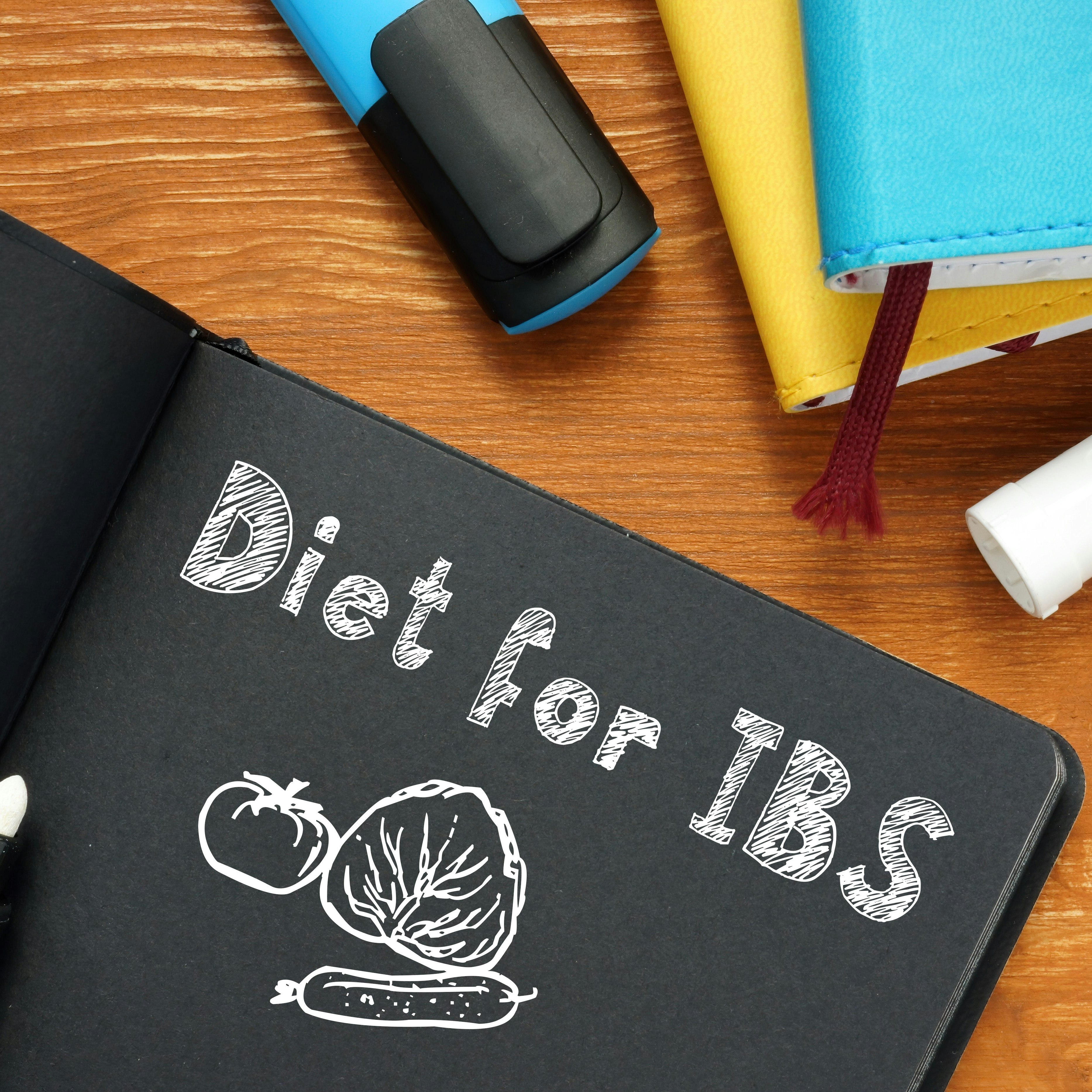Key Takeaways
Dairy, caffeine, fried foods, and certain vegetables are common IBS triggers.
Bananas, rice, fish, and eggs are gentler options that may ease digestion.
Small swaps, like grilled instead of fried, can make daily life easier.
Tracking foods and working with a specialist helps manage IBS long-term.
Living with irritable bowel syndrome (IBS) often means being extra mindful about what you eat. For many people, certain foods tend to trigger flare-ups, while others help calm symptoms and support easier digestion. Understanding which is which can make everyday life feel much more manageable.
Understanding IBS Triggers
IBS affects the large intestine and tends to cause symptoms such as abdominal pain, cramping, bloating, gas, diarrhea, and/or constipation. While stress and lifestyle also play a role, diet is one of the most common factors that influence flare-ups.
Foods That May Aggravate IBS Symptoms
Not everyone reacts to the same foods in the same way, but certain items are known to trigger symptoms for many people with IBS. These foods can cause gas, bloating, or changes in bowel habits, though triggers vary from person to person.
- Dairy Products: Milk, cheese, and ice cream contain lactose, which some people with IBS find difficult to digest. This can lead to bloating, cramping, or diarrhea.
- Caffeinated Drinks: Coffee, tea, and energy drinks may stimulate the intestines and cause loose stools. For some, even small amounts of caffeine can trigger IBS symptoms.
- Cruciferous Vegetables: Broccoli, cauliflower, and cabbage are high in certain fermentable carbohydrates that can cause gas and bloating symptoms. It’s best to cook them thoroughly to reduce, but not eliminate, these effects.
- Fatty or Fried Foods: Meals heavy in oil, butter, or grease can slow digestion and cause issues like bloating or nausea. Fried foods in particular may trigger cramping or diarrhea for many people with IBS.
Foods That May Calm IBS Symptoms
These foods are generally easier on digestion and are often well tolerated by people with IBS.
- Banana: This low-FODMAP fruit is gentle on the stomach and easy to break down. Its soft texture and mild flavor make it a soothing choice, and for many, it helps firm up stools while providing steady energy.
- Rice: A simple bowl of white rice can be one of the easiest foods to digest. Because it is low in fiber, it is less likely to irritate the gut and may help bind stools when diarrhea is an issue.
- Fish: As a lean source of protein, fish offers important nutrients without burdening the digestive system. It also contains no fermentable carbohydrates, which makes it less likely to trigger gas or bloating.
- Eggs: With their high protein content and mild flavor, eggs work well for people who need a gentle option. They can be prepared in soft, easy-to-digest forms like boiling, scrambling, or poaching.
Making Everyday Choices Easier
You don’t have to overhaul your entire diet overnight. Many people find relief by making small changes, such as:
- Switching to foods that are gentler on your stomach
- Choosing baked or grilled meals instead of fried ones
- Replacing sodas with still water or herbal tea
- Limiting caffeine to one cup of coffee or tea per day
Ultimately, working with a healthcare provider or dietitian is ideal, as it helps you to create a tailored diet plan that fits your lifestyle.
What About Cheat Days?
It’s normal to wonder if you can occasionally enjoy your favorite IBS trigger food. For some people, having small portions on special occasions may be fine, while others may find even a little can bring symptoms back. The key is to listen to your body and make choices that support your comfort and well-being in the long run.
Find Relief and Take Control of Your IBS with a Specialist in Houston
Managing IBS is easier with the right plan—and the right support. Identifying which foods help and which trigger symptoms takes time, but small, consistent changes can lead to big improvements. Keeping a food journal, introducing new foods slowly, and tracking your body’s response can help you avoid flare-ups and feel more in control. Partnering with an IBS specialist can make the process faster, easier, and more effective—so you can create a diet that brings comfort, confidence, and lasting relief.





